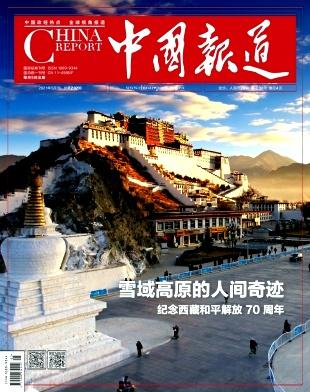Between ‘Retreat’ and ‘Recentralisation’: China’s SOE Reform Conundrum
IF 0.7
Q3 AREA STUDIES
引用次数: 2
Abstract
State-owned enterprises (SOEs), a key constituent of China’s economy, are an important reference for analysing China’s evolving state-market relations. Market-oriented reforms introduced in the SOE sector over the past four decades have seen the Communist Party of China (CPC) loosen its control over SOEs, shedding a large number of loss-making enterprises, and significant restructuring of remaining enterprises, including by public listing. But these achievements still fall short of making Chinese SOEs ‘modern enterprises’, and they continue to be extensions of the Chinese Party-state. Using Party documents, speeches and policy announcements, this article explores key changes and continuities in China’s state-owned sector in the post-liberalisation era. It contends that the neoliberal turn in China’s economic transition cannot be understood in the radical separation of state and market configurations but that reform and restructuring of SOEs have to be situated in a political-institutional landscape where multiple interests compete over the formulation of economic policy.在“后退”与“再集中”之间:中国国企改革的难题
国有企业是中国经济的重要组成部分,是分析中国国家与市场关系演变的重要参考。在过去的四十年中,中国在国有企业领域引入了市场化改革,中国共产党放松了对国有企业的控制,剥离了大量亏损企业,并对剩余企业进行了重大重组,包括上市。但这些成就还不足以使中国国有企业成为“现代企业”,它们仍然是中国党国制度的延伸。本文利用党的文件、演讲和政策公告,探讨了后自由化时代中国国有部门的关键变化和连续性。它认为,中国经济转型中的新自由主义转向不能在国家和市场配置的根本分离中被理解,而是国有企业的改革和重组必须置于一个政治制度格局中,在这个格局中,多种利益在制定经济政策时相互竞争。
本文章由计算机程序翻译,如有差异,请以英文原文为准。
求助全文
约1分钟内获得全文
求助全文
来源期刊

中国报道
AREA STUDIES-
CiteScore
1.70
自引率
0.00%
发文量
9353
期刊介绍:
China Report promotes the free expression and discussion of different ideas, approaches and viewpoints which assist a better understanding of China and its East Asian neighbours. A quarterly journal of the Institute of Chinese Studies, it attempts to provide a fresh approach which goes beyond the strictly utilitarian area studies without becoming antiquarian. Launched in 1964, China Report has, over the years, widened its interests and aims and transformed itself into a scholarly journal that seeks a better understanding of China and its East Asian neighbours - particularly their cultures, their development and their relations with China. It is an indispensable source of information on China, its society and culture.
 求助内容:
求助内容: 应助结果提醒方式:
应助结果提醒方式:


